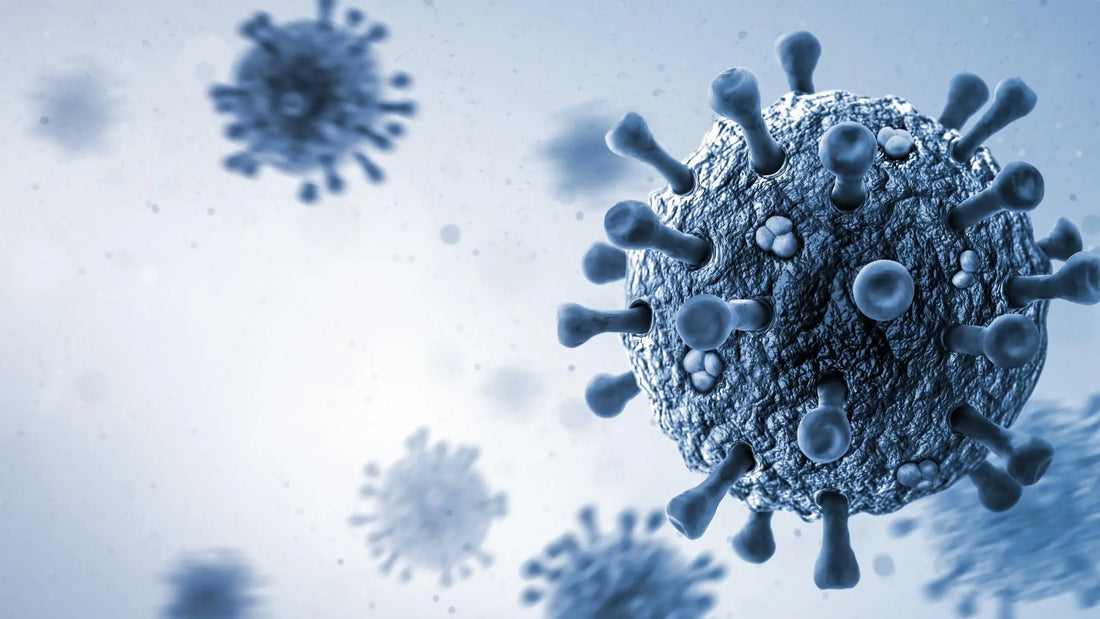
The Hidden CPAP Threat: Mask Cleaning You Can't Ignore
Nicolai Edgar AndersenShare
Many sleep specialists and respiratory therapists hesitate to recommend heated humidifiers for sleep apnea masks. The reason lies in the fact that numerous patients neglect the essential upkeep of their humidifiers, failing to change the water and clean the equipment daily. This negligence creates a perfect breeding ground for harmful bacteria, which unwitting patients inhale into their respiratory systems every night.
According to a 2017 study, nearly 40 percent of CPAP users admit to never cleaning their CPAP mask. Excessive moisture can easily become a magnet for viruses, bacteria, and even mold. It is imperative for patients to keep this in mind and commit to daily cleaning of their masks. Both the Environmental Protection Agency (EPA) and the Consumer Product Safety Commission have issued warnings about the dangers of using unclean humidifiers with sleep apnea masks. A simple cleaning regimen for your device can significantly reduce the risk of contracting viruses or harmful bacteria as a result of using your medical equipment.
Furthermore, every reputable supplier of humidifiers strongly recommends the use of distilled water rather than tap water. Tap water contains a plethora of unhealthy suspended pollutants, chemicals, toxins, and contaminants, along with significant amounts of chlorine. Using distilled water not only ensures better air quality but also prevents the buildup of calcium minerals, which can give the appearance of unsanitary conditions. Perhaps the most crucial aspect of maintaining an effective CPAP mask is proper care of the equipment. It is essential to empty the humidifier entirely after each use and refill it with distilled water. The CPAP PRO can be easily cleaned with mild dish soap and hot water. Calcium deposits can be effectively removed by soaking the chambers in a solution of one part vinegar to three parts water on a weekly basis. Failing to treat and clean your equipment can expose you to mold in the air, which can lead to various illnesses and health issues, including bronchitis and various allergic reactions.
SEE ALSO: 8 Ways To Make Sleep Apnea Tolerable
Moreover, if you neglect to clean even the best CPAP masks, you may experience breathing difficulties, throat irritations, coughs, headaches, as well as eye, nose, throat, or lung irritations. Breathing in polluted air like this can make anyone ill, making it critically important to establish a regular cleaning routine for your device. Everyday objects we touch, such as keyboards and door knobs, are breeding grounds for germs, just like sleep apnea masks. Avoid using ordinary humidifiers to increase air moisture indoors as excessive humidity can lead to the growth of fungal and bacterial colonies. Neglecting to change the water and keep the humidifier clean can result in a host of unnecessary issues when algae, molds, and viruses take up residence in your sleep apnea mask. Allergy symptoms also tend to worsen when the device isn't cleaned properly or regularly. These symptoms may include infections, persistent coughs, nasal congestion, eye irritation, and more.







